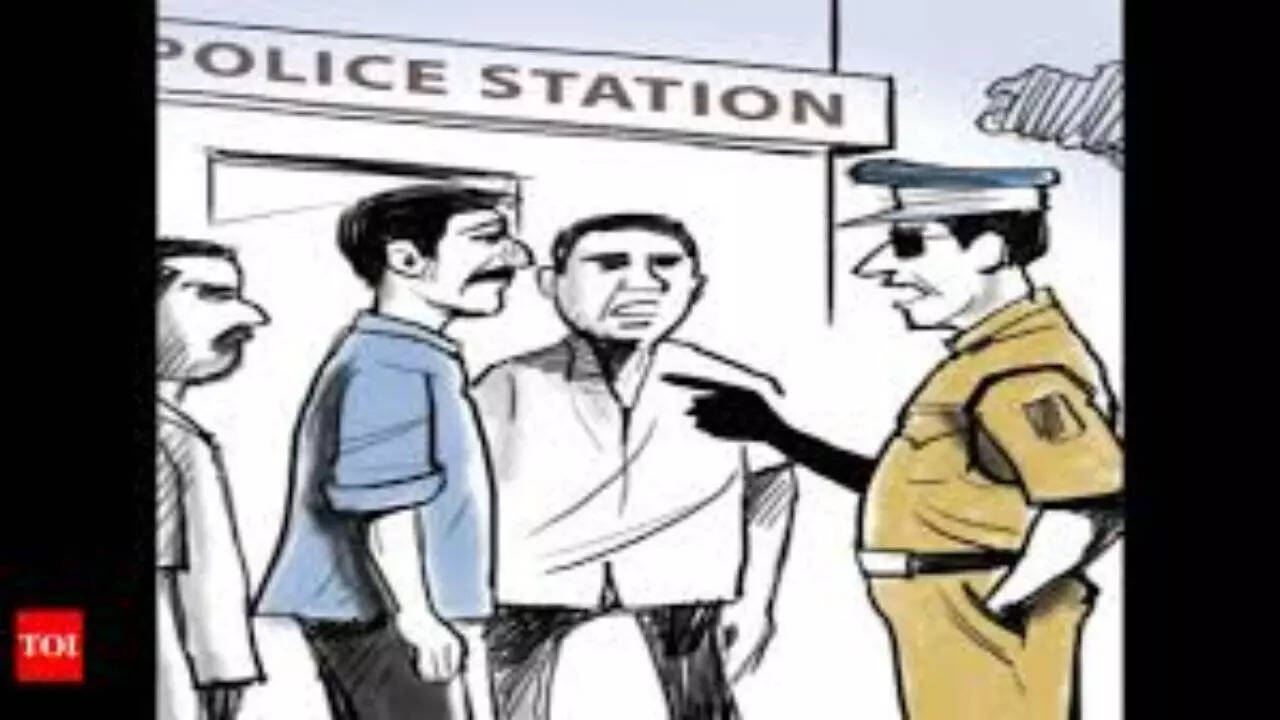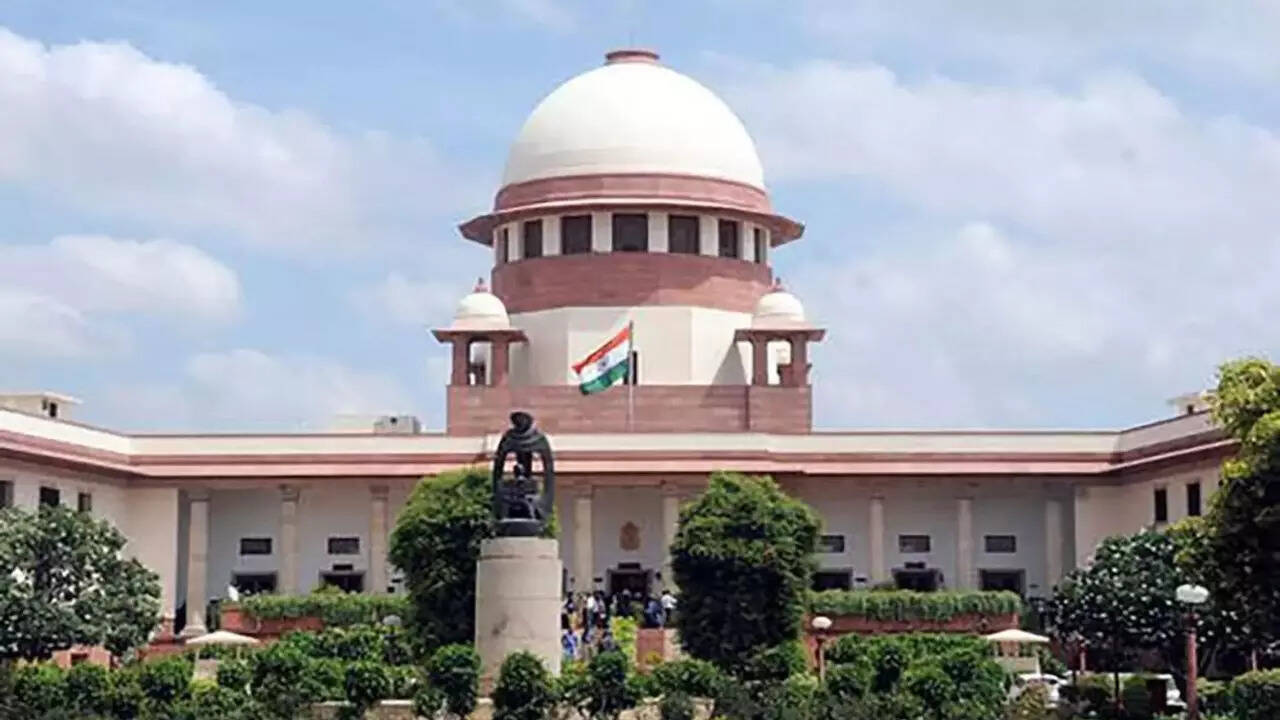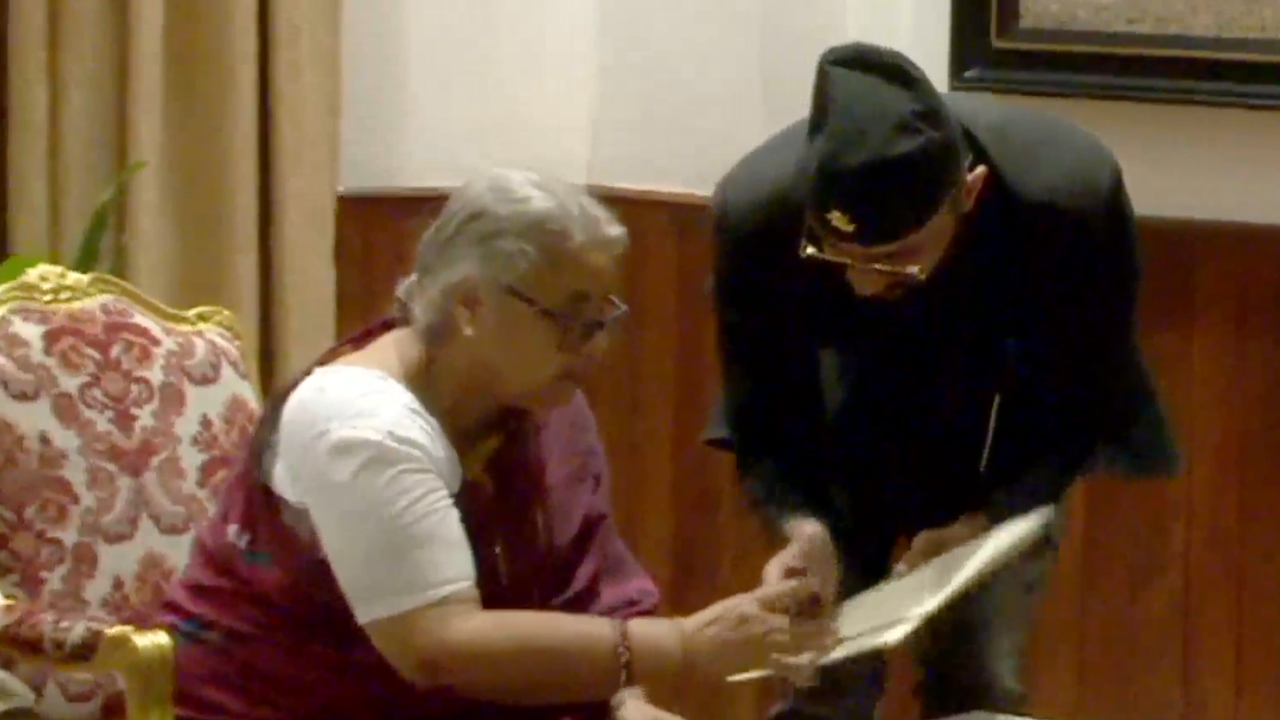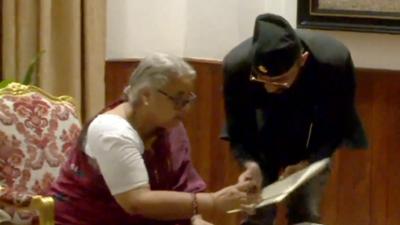NEW DELHI: Sushila Karki on Friday took the oath as Nepal’s interim Prime Minister and is set to lead the government, days after the neighbouring nation witnessed massive violent protests against the KP Sharma Oli dispensation.Nepal’s president Ramchandra Paudel administered the oath of office of secrecy to Karki at a ceremony at Sheetal Niwas, which is the President’s Office. The government has been mandated to hold elections within six months.
Karki, an alumna of Banaras Hindu University (BHU) in India, was among four candidates before being finally selected following consultations involving President Poudel, Army chief General Ashok Raj Sigdel, and representatives of the youth demonstrators, dubbed “Gen Z.”Also in the running were former Nepal Electricity Authority chief Kulman Ghising, Kathmandu mayor Balendra Shah, and Dharan mayor Harka Sampang.The “Gen Z” protests, initially sparked by a controversial social media ban, escalated into a broader rejection of corruption, nepotism and entrenched political elites. Soldiers remain deployed across Kathmandu after demonstrators torched government buildings, politicians’ residences and the parliament.
Who is Sushila Karki?
Sushila Karki made history in July 2016 when she became Nepal’s first female chief justice. Her tenure, however, ended less than a year later after lawmakers filed an impeachment motion accusing her of “delivering biased verdicts” and “interfering” in executive jurisdiction.The move followed a Nepal Supreme Court ruling that struck down the government’s decision on police chief appointments, saying seniority had been unfairly bypassed.Although automatically suspended while the probe was pending, the impeachment failed to secure the two-thirds majority required before her retirement in June 2017.
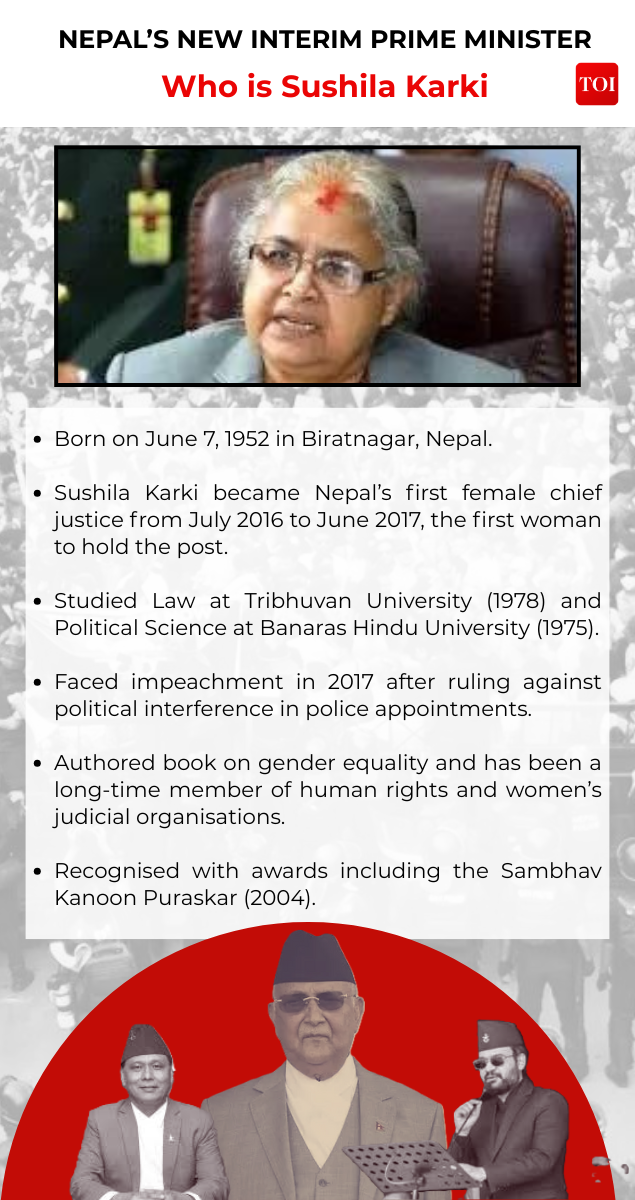
Who is Shushila Karki
Born on June 7, 1952, in Biratnagar, the ex-jurist studied political science at BHU in 1975 and law at Tribhuvan University in 1978. Before becoming chief justice, she served as a Supreme Court justice, senior advocate and law professor. She is also an author on gender equality and has long been involved in human rights and women’s judicial organisations.Karki has been recognised with awards including the Sambhav Kanoon Puraskar (2004).




